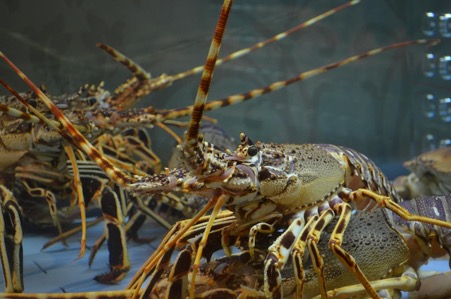The annual ban on lobster fishing and trade, active in the Dominican Republic as well as in Caribbean and Central American countries, has been renewed from March 1 to June 30. That ban, in existence for fifteen years, is designed to be wide-scoped, dealing with the harvesting, processing, distribution, possession, and sale of lobsters. The logic behind this ban lies in saving the Caribbean spiny lobsters, which face the risks of overfishing and poaching. Since their mating period overlaps with the prohibited months, these crabs must have uninterrupted time for reproduction, which shows the importance of the ban for their protection.
CODOPESCA, the Dominican Council of Fishing and Aquaculture, expects complete commitment to the embargo from businesses, including an absolute ban on lobster procurement, trading, or serving during the embargo period. Businesses have to provide complete reports on their lobster supplies within ten business days, along with a 20-day period for eating, selling, or disposing of the remaining ones. The ban intends to protect the lobster stock from being overfished and to make sure the exported lobsters are of the highest quality. Violators will be prosecuted, subject to a maximum fine of US$50,000 and 10 years of imprisonment.
It is significant to respect the ban by calling on consumers not to buy and eat lobsters during the prohibited period. Let’s pledge to protect these animals, ensure their survival, and preserve our taste buds. At the end of the day, some months without lobsters are not a major sacrifice when compared with the continuity of the species itself.

